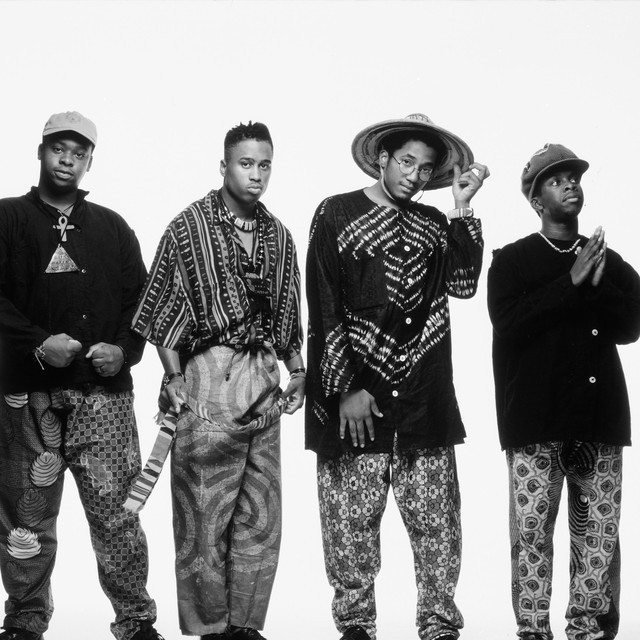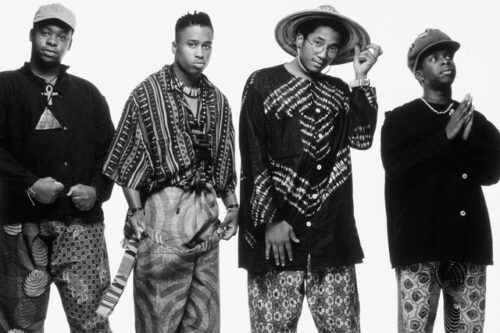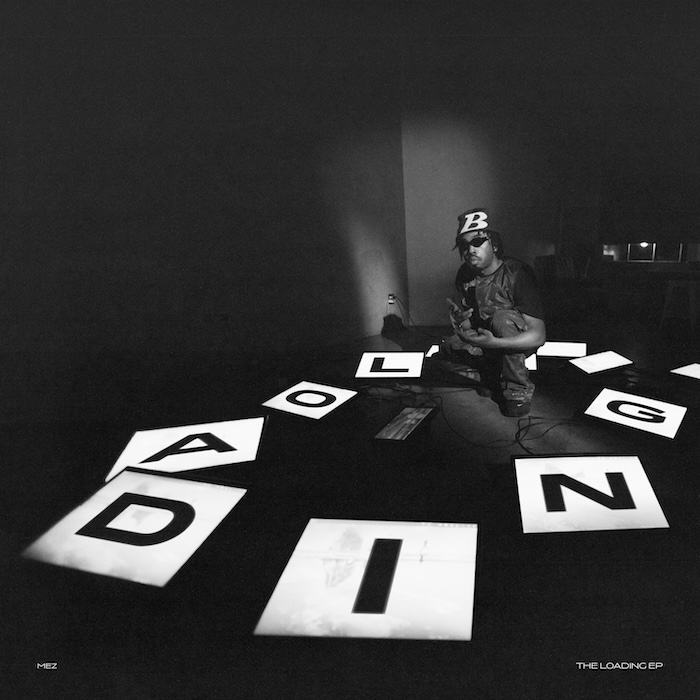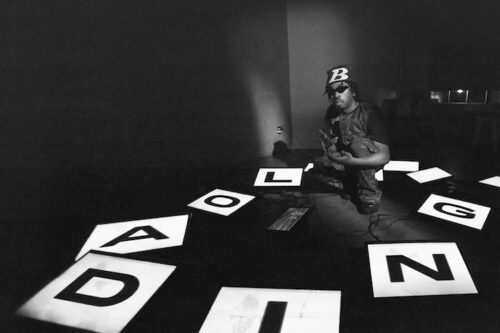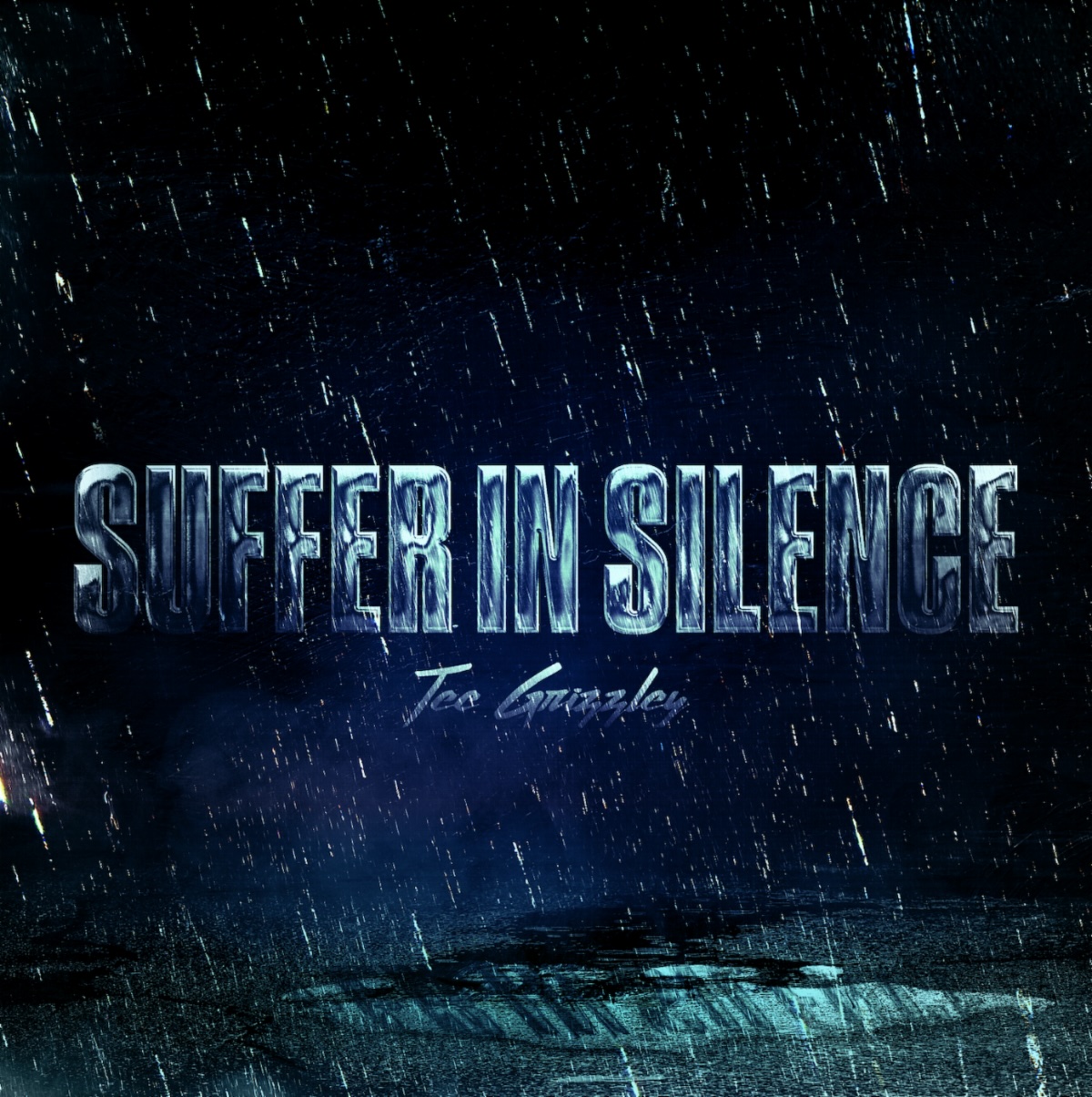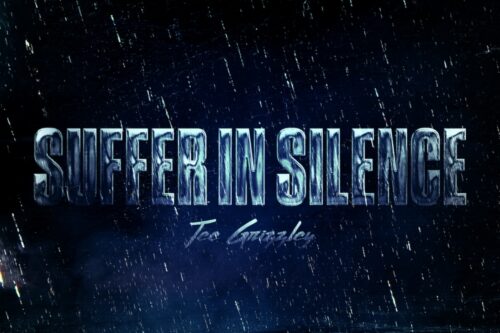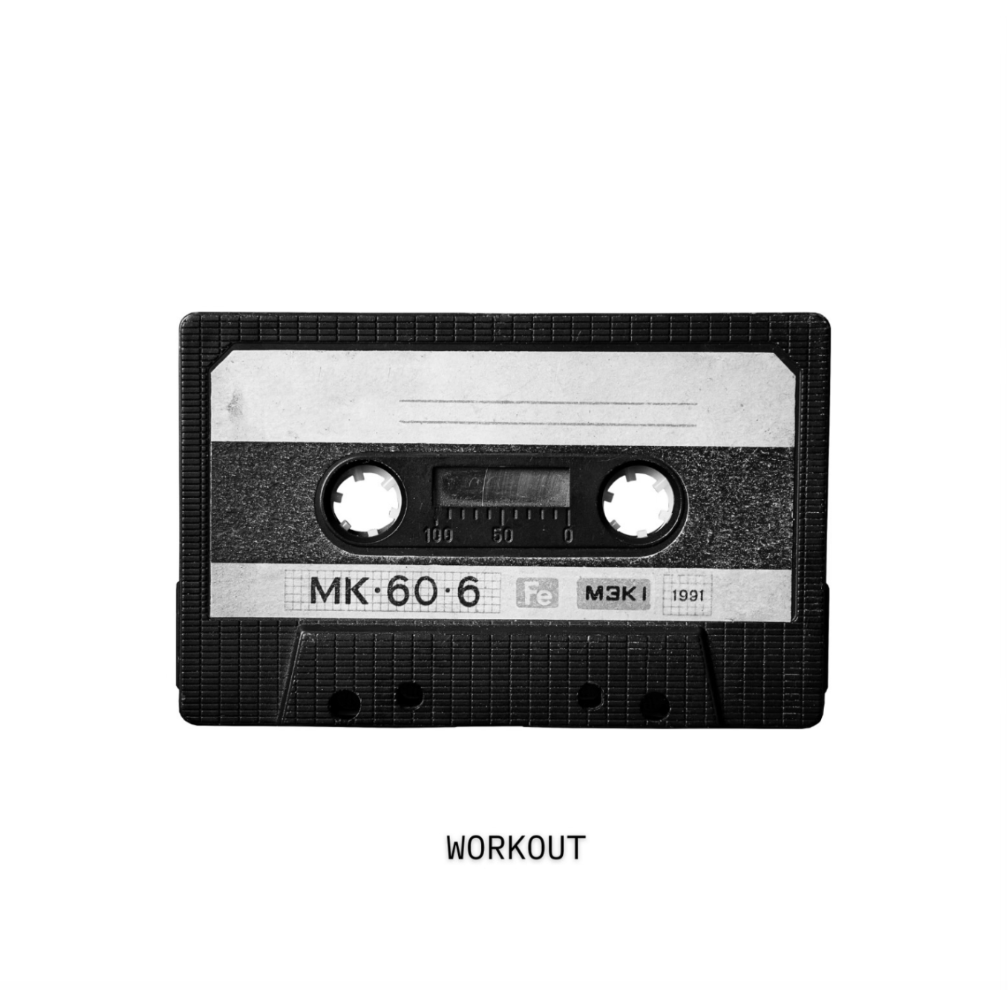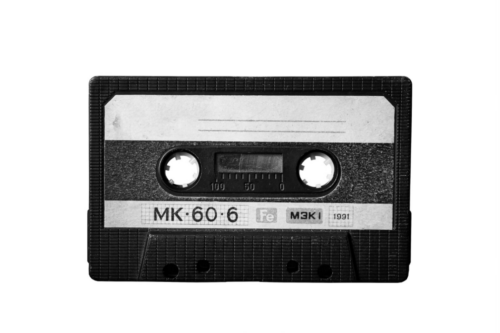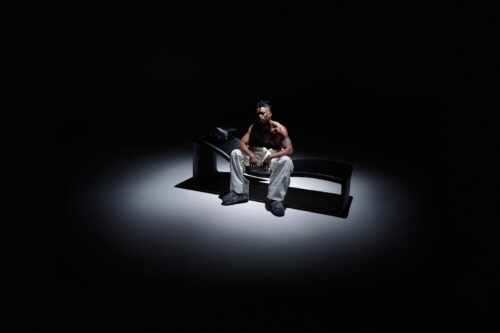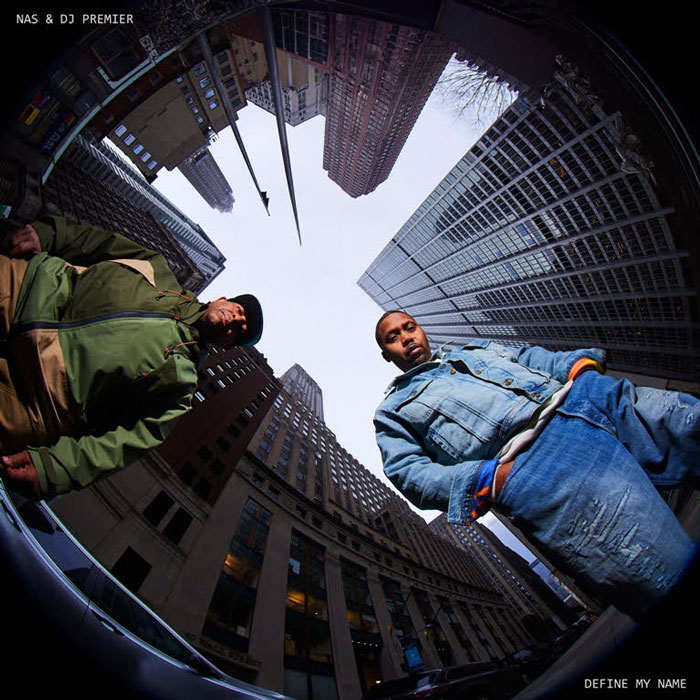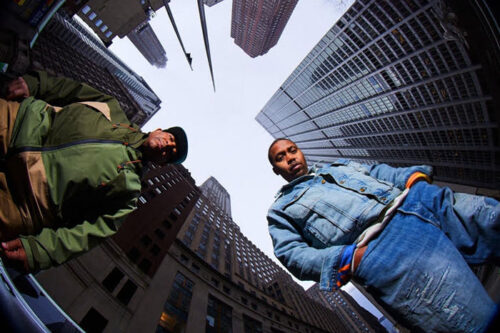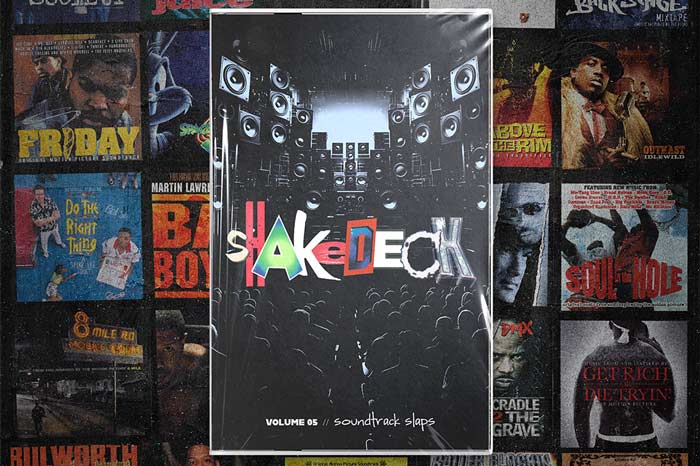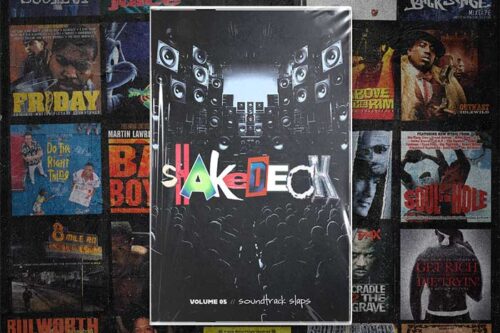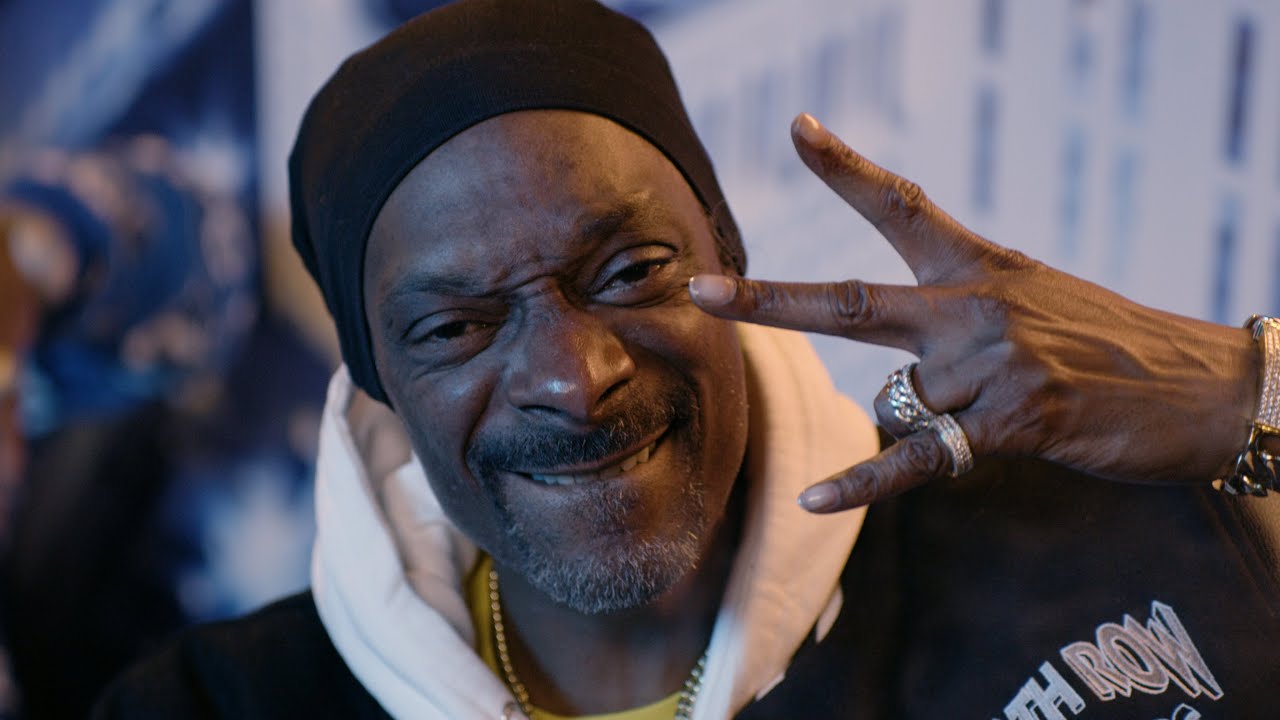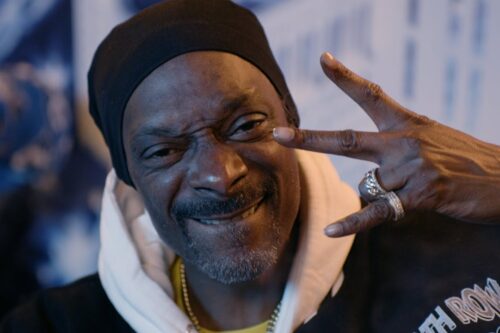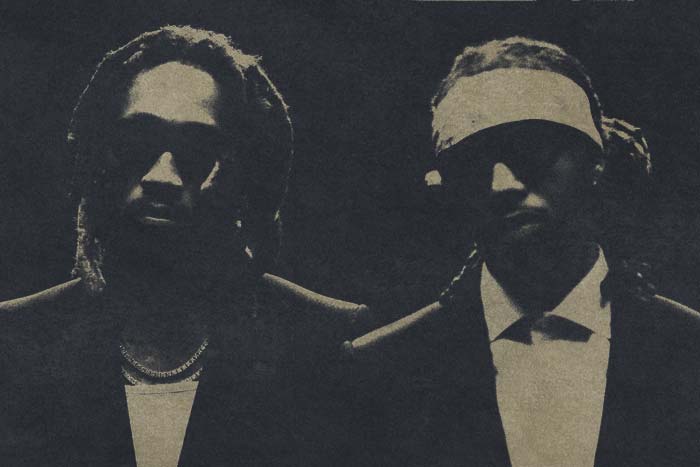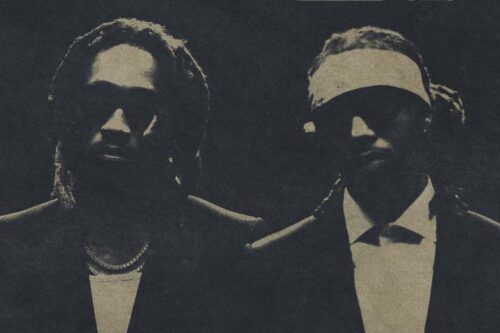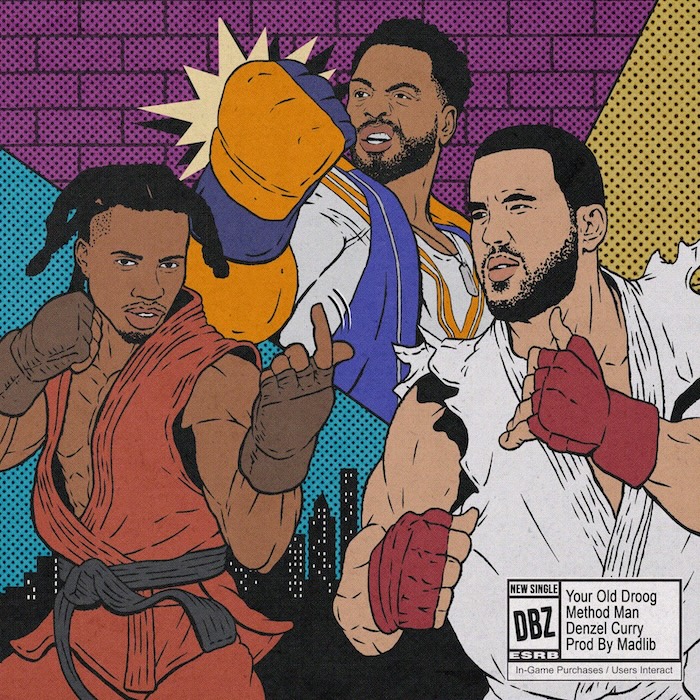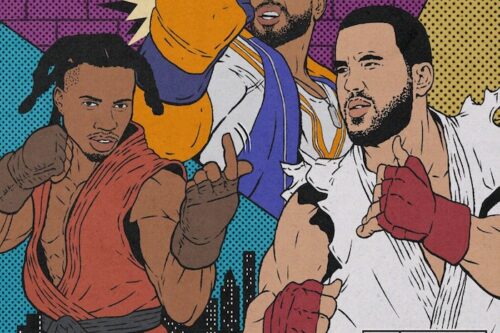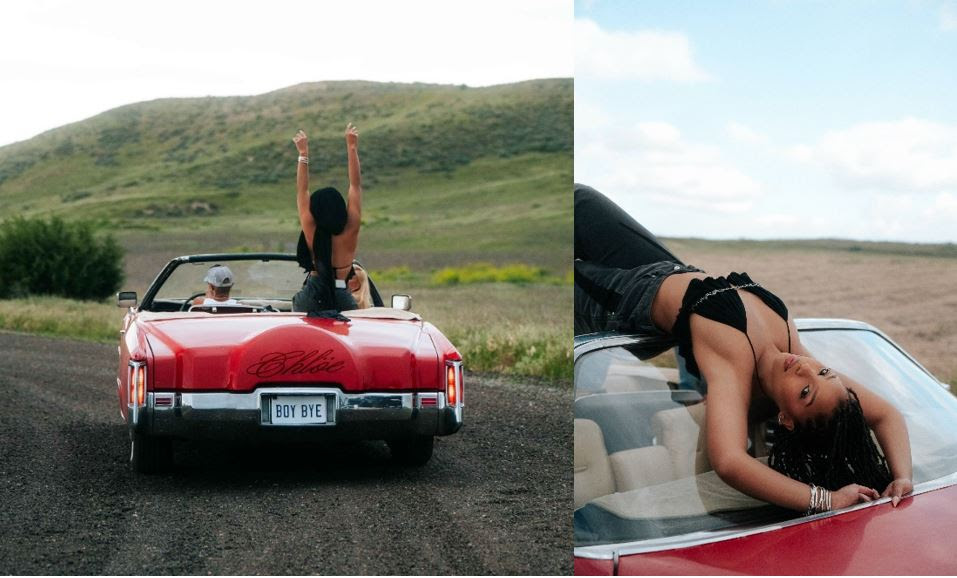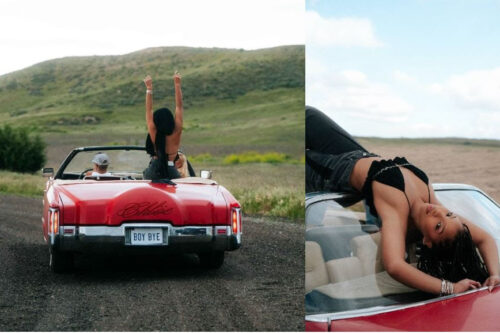
What more can be said about DJ Premier that hasn’t been spoken, written, thought of or tweeted? The man is a legend, and there’s no debating this.
His work with Gang Starr? Legendary. With everyone from The Notorious B.I.G to Janet Jackson? Legendary. Even his seemingly-out-of-nowhere collaboration with Christina Aguilera? GRAMMY-winning, and legendary. And, of course, let’s not forget PRhyme, MC Eiht, Miguel, Dr. Dre, Anderson .Paak, LION BABE, and the countless others he’s worked with in just the past few years alone.
The venerable beatsmith has now expanded his palate, forming his very own band known as The BADDER. He’s also established his own imprint, TTT (To The Top), and has formally introduced the first artist on his label: Torii Wolf. A singer/songwriter from Wantagh, New York, Wolf and Primo spent the last year-plus working on her debut long-player Flow Riiot. Finally out now, the album marks the first time he has predominately produced an album for an R&B artist as well as for a woman-led project.
Speaking with our very own Andreas Hale, both Premier and Torii discuss their unique chemistry, the making of the album, the art of juicing (no, seriously), and much more.
How did y’all get together and was it the music first or did you guys meet each other first?
DJ Premier: We met each other first, because she knew my manager, Ian. My manager’s from Long Island, Torii’s from Long Island. They had met and already knew each other for years and he was telling me about her but, at the time I was doing a lot of other recording that needed their deadlines met. I had just come off the PRhyme Tour with Royce and he had played me a couple demos but, they weren’t really produced to the level of what she has now, and I didn’t take interest to her right away. But when I met her and she was just super cold and very deep as a person and I’m really into people that are deep-minded and just so shallow when it comes to looking and how we see the world and just life and I’m just as deep as she is and we connected just on that level, even though I hadn’t, you know, taken it to us working on the music yet. So, he approached me like another year later and gave me a couple more demos and I was like “Hey, I like her but, I don’t have time to stop doing what I’m doing.”
King of Chill, who’s one of my mentors that taught me how to sample music through the equipment I been using since the 90s when I joined Gang Starr, we lost touch for almost 10 years. I happened to be working on something in upstate New York and I had to stop at somebody’s studio to drop something off on the way, and I walk in there and King of Chill is in there doing a session.
We reunited and I was like “Yo man, I’m bout to reopen the studio, DND is closing, maybe if you wanna do some engineer work or work on beats, you could get back in touch.” He was down and we ended up linking up and he started engineering a lot of my sessions. One day, he was like “Yo, I know you’re busy and don’t have time to work with Torii right now. Do you mind if I work on a couple of demos and uh, present them to you?” I agreed, you know, so we could finally get the ball rolling and I know what he brings to the table. So, he brought me two demos that they did and I was like “Wow!” It was totally opposite of the demos I had heard that Ian had brought me two years prior, so I was like “Wow, she actually knows how to step into that beat.” You know, the kick-snare type lane and the way we do it in the hip-hop fashion. One difference is I’m all about your voice and when it comes to people that sing, you got to kind of know as a producer and a person, how they hear, how to tap into giving them a sound that kind of brings what they already do individually. So, I started making some rough demos, I told Ian to bring Torii to New York and let me see if we can just vibe. The first record we even did was a song called “Everlasting Peace,” which actually is the first song on the album, and I liked the vibe of that. We then worked on maybe three more demos. Everyday I’d wake up she’d already have vocals sent to me from using her GarageBand on her computer. Even though she’d record them with me in the studio, she would already have them written, up all night and just done. I liked her work ethic. Then we just started going, going, going, and the next thing you know the album was done.
Torii, how did you approach first working with Premier?
Torii Wolf: I was just staying really open and trying to keep my heart and my mind open to everything that was going to come. I didn’t want to go in with a mindset of what I was going to create, I really just wanted to meet and vibe and just see what came out. Preem’s genre to my genre, just coming in the middle and finding our own sound together and not having anything premeditated about what it would sound like. I just wanted to kind of reset, and go in like a baby, you know?
Did you always sing like you did on this album?
Torii: Well with my vocals, I always wanted to use them as an instrument and not so much in the traditional way like vocalists might do. I like to mess with words and different sounds and articulate them in different ways so they kinda just vibe and flow with the beat and the overall sound of the music. It really depends on who I’m working with and what sounds are happening, and then singing with what is there. That’s why I really love this process, because Preem would come with a beat and I then I’d work with it. I like the flow with the vocal so, over time it’s definitely changed and sounds different from one project to the next. But there’s still a distinctive style to the way that I sing.
Let’s jump to the song writing process. Can you break down what goes into the creation of a song? I mean, do you kind of hum along and then come up with the words later, how does that work for you?
Torii: Yeah, melody comes first. You’ve got the beat, Preem’s beat, and then I would kind of hum a melody over it. From the melody, a message would come through and I’d put more words to it. It’s more about the emotion that comes through first and then I craft the words through that. It’s not so much the words being the message and then putting the emotion into it, I think the words come out of the emotion.
Premier, you’ve worked with Christina Aguilera in the past. You’ve produced a few R&B records, but this seems like a completely different beast for you. Can you talk about working with Torii?
Premier: The main thing, I was like “Wow, I don’t have to stick to my regular hip-hop format.” And not only that, I only sampled two songs on the whole album (“Shadows Crawl” and “Where We Belong”). Everything else I used plug-in instruments and just experimented with weird sounds, because I knew she could get weird with me. I knew I could go really really left with her and she won’t sit there going “Ah, I don’t get it” or “I need something more this way.” Everything I presented track-wise, even if it was rough, she immediately would tackle and go “Yeah, yeah, yeah I like this I like this, I’ll take this and let’s start another one,” and we knock out sometimes three in a day.
Torii, if someone told you ten years ago that you’d one day be in the studio with DJ Premier, what would you have told them?
Torii: Definitely not. 10 years ago, I had dreads past my knees and I was like twiddling around San Diego with a little fairy hand. I have no idea what that would’ve been like. I’ve always been playing music, so what would be the most exciting about that is that I wouldn’t be so overwhelmed or focused on one specific genre, like me and a guitar. Often times, I felt so limited in so many ways of expression. But now, it feels genuine on all levels. It’s so exciting to be able to connect with another person and do this together. Create and let it flow out, unbelievable.
So, a little birdie told me there was this 5-day juice cleanse that Torii helped put you on, Preem? How’d that go and how did it work into your Tiny Desk concert for NPR?
Premier: Well for one, when you do a juice cleanse, you can’t eat any solid food and it’s really an 8-step process. One thing with that is you have to pee every 10-15 seconds. I remember when we were heading to Tiny Desk, man, I had to pull over at least 4 times on the highway and I was pulling it out right there in front of cars, not caring about hiding the package [laughs].
It’s also a good test on your discipline mentally, because the first day or two you’re kind of wanting to quit cause it’s like “Damn, I got to do this all day?” And for some reason, when you do it, you always happen to pass by something that smells good that somebody’s cooking. I don’t care if it’s you passing by a restaurant, walking to the to the studio, walking in the street just to stop by the bank, you’ll smell food it feels like you’re being tested, like “Yeah, you want that hamburger don’t you?” “You want that baked potato with that sour cream and chives don’t you?” It’s like the food is talking to you like crack, “You know you want me. Just grab that fork, stab it with that butter, and let’s get to eating fatboy.”
It’s a good discipline and I highly recommend it. The main thing is, when you get off of it, you’re maintaining not to go back to going crazy on eating again. Which I did. So, I would say “You know what? I’m a go back on it again,” and I went back on it again and I did a week. I dropped almost 17 pounds in literally 7 days. That’s crazy, but it tells you, “work out, maintain drinking lots of water, and stay working out” when you’re on it. It’s not just drinking and the stuff falls off, you still got to go to gym and train.
Torii, when you hear these stories of how you’re rubbing off on Premier within his spirit and health, what is that like?
Torii: I mean, the way that I look at it is that I just want us both to stay alive longer so we can do all these amazing things and keep creating. Together, separately, whatever. It feels so good to stay alive and feel good while you’re doing it. I’ve gone on tour with Preem a few times and that’s a challenge in itself to maintain your health on the road. Even in the most luxurious way possible, you’re only eating at certain windows of time that become available to you. In different places, different countries, different types of food, you can’t really be picky and you need the fuel. I think it’s important to lay down the groundwork, especially when you’re home, to maintain your body and set this routine for yourself. So, when you are out on the road, you don’t fall so far off course. It’s really an interesting way of living, because you just got to do your best really. It’s tough.
What’s your favorite song on this album and why?
Torii: Man, that is such a tough question! “Go From Here” is one.
Premier: “Go From Here” is one of my favorites.
Torii: I’m a big fan of how songs come together and the way they organically happen, so I think that that’s what leaves me to feel my favorite songs would be “Big Big Trouble” and “Go From Here.” With “Big Big Trouble, we wrote it in the room together, it all happened in that same moment. Preem is laying every single beat and sound, I was coming up with the concept and the words. He was barely even finished with the the beat itself, and I was had to get in the booth. It was one of those explosive “I got to get this out of me right now” moments. It felt organic. And with “Go From Here,” that record was meant for something that was completely different and I felt it was just so beautiful that it was almost scary, just scary to touch it. I felt this tremendous amount of pressure, but not in a bad way — I just felt inspired to meet it there at that level, which was so intense.
Premier: “Go From Here.” “Where We Belong” is my joint, I just love the whole emotion of it. Her approach was very different from the other songs we did. I also like “Everlasting Peace,” which was the first one we’d even did together.
Let’s go back to the first session when you did “Everlasting Peace.” What was your expectation going in and did it surpass expectations coming out?
Torii: I was nervous, I was nervous in a very exciting way. I was like, “Wow, what is happening, what is this going to sound like and what are we going to do?” Going into it, Preem definitely said right out the gate, “I want to go as far left as possible,” see what comes from that and then we’ll go from there. With “Everlasting Peace,” that beat was so unconventional, but so beautiful. There’s some element that Preem added towards the end of it that really tied the whole song together. The pulsing piano chop throughout, you can hear it, but not really. You feel it more, you know, it drives the whole record. I was so excited once we laid that down. I just heard it, felt this worldly sound, and did this falsetto vocal to it. It felt really good, even though I had that same theme of like a desperate, deserted lover. Yeah, I love that record.
Premier: Damn, we got to do a song called “Desperate Deserted Lover.” Yeah, we’ll do that as a bonus. But yeah, I guess for me, I knew her range vocal-wise from the demo I had heard her do with King of Chill and I wanted to stay in that range, tone-wise, but I didn’t want to let the tempo dictate everything. I really didn’t know what she was going to do vocal-wise because she went home, she had just flown in that day so she was a little tired. The next day I woke up, she had already had the demo of what she wrote and laid, even with all the harmonies and the overdubs and all the other vocal stacks, everything was sent to me already in my email. I was like “Damn, you did it already?” This was like 5/6 in the morning and she was like, “Ah, yeah I can’t sleep at night so I be up just writing and laying it down.” Every day I’d wake up, everything would be in my inbox. Then we’d recut with me there to tighten it with the way I like to cut vocals. I’m very, very meticulous about vocal cuts.
What do you hope listeners get out of this album?
Torii: Well, now looking at it as a full album, a full-length album, I do hope that when people listen to it, that they go in with the same feeling I did — which is feeling fresh and young again, in a way that you don’t have expectations of what you’re supposed to be hearing. I love to keep my lyrics as open as possible, and just be relatable. I want to create a platform for people to just feel whatever it is that they’re feeling, even if they don’t feel in touch with what they’re feeling yet. I want to evoke emotion and rip it out of somebody the way Preem did to me with his beats. It’s exciting we can give a gift to somebody who’s willing to receive it.
Premier: Like with anything I put out, I want it to touch people in a way where it effects their life in some type of fashion. You can get two people that love the album and it effects their lives totally different, whether it makes one person cry or makes another laugh, they still feel something. Music is an output, it’s not an input. When you make music, it goes out of your body and out to the masses. So, for me to meet so many fans that have told me that I’ve saved their lives, not changed it, saved it, I look at them kind of like “What the fuck did I do to save your life? What, were you going to kill yourself? Did you feel like death was upon you? Like, what did I do to save your life?” and they were like “Yo, your music speaks to me.” That mission continues with anybody that I go out to the lab with. With Torii, we’re very spiritually connected, just even in conversation and totally get each other. It made the album so easy to make. Sometimes people are like “What takes so long to get other stuff done that you already were working on?” It’s not about that, it’s about where the energy takes you and if the energy takes you to a detour, where she actually comes first and her album drops before other projects I work on, then that’s where the energy happens to sit in my soul. It ain’t like it’s not going to happen again with everything else I work with, but sometimes that’s just how the wind shifts. It may say it’s going to rain but, it snows instead.
Oh sh*t, it’s snowing! [laughs]



